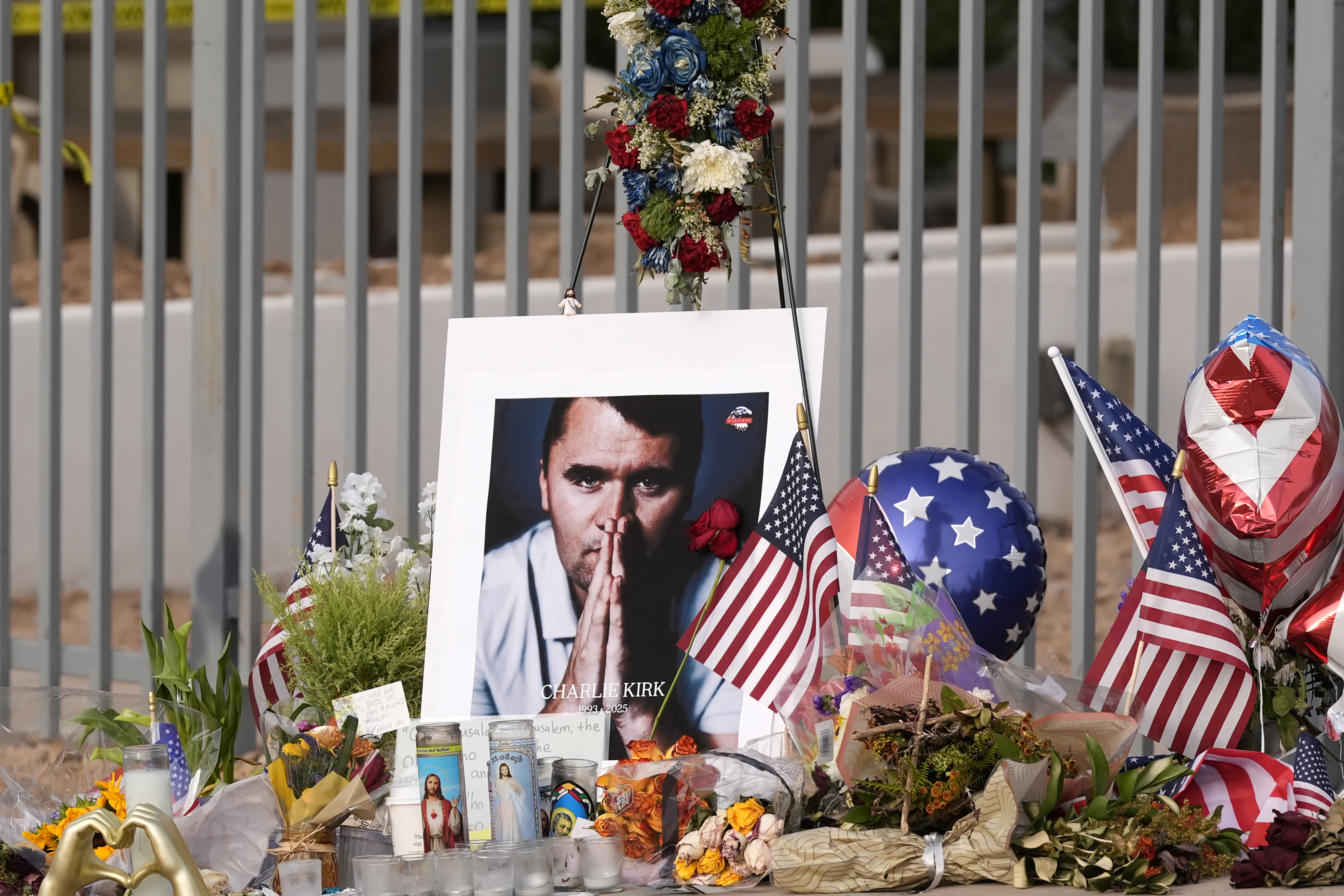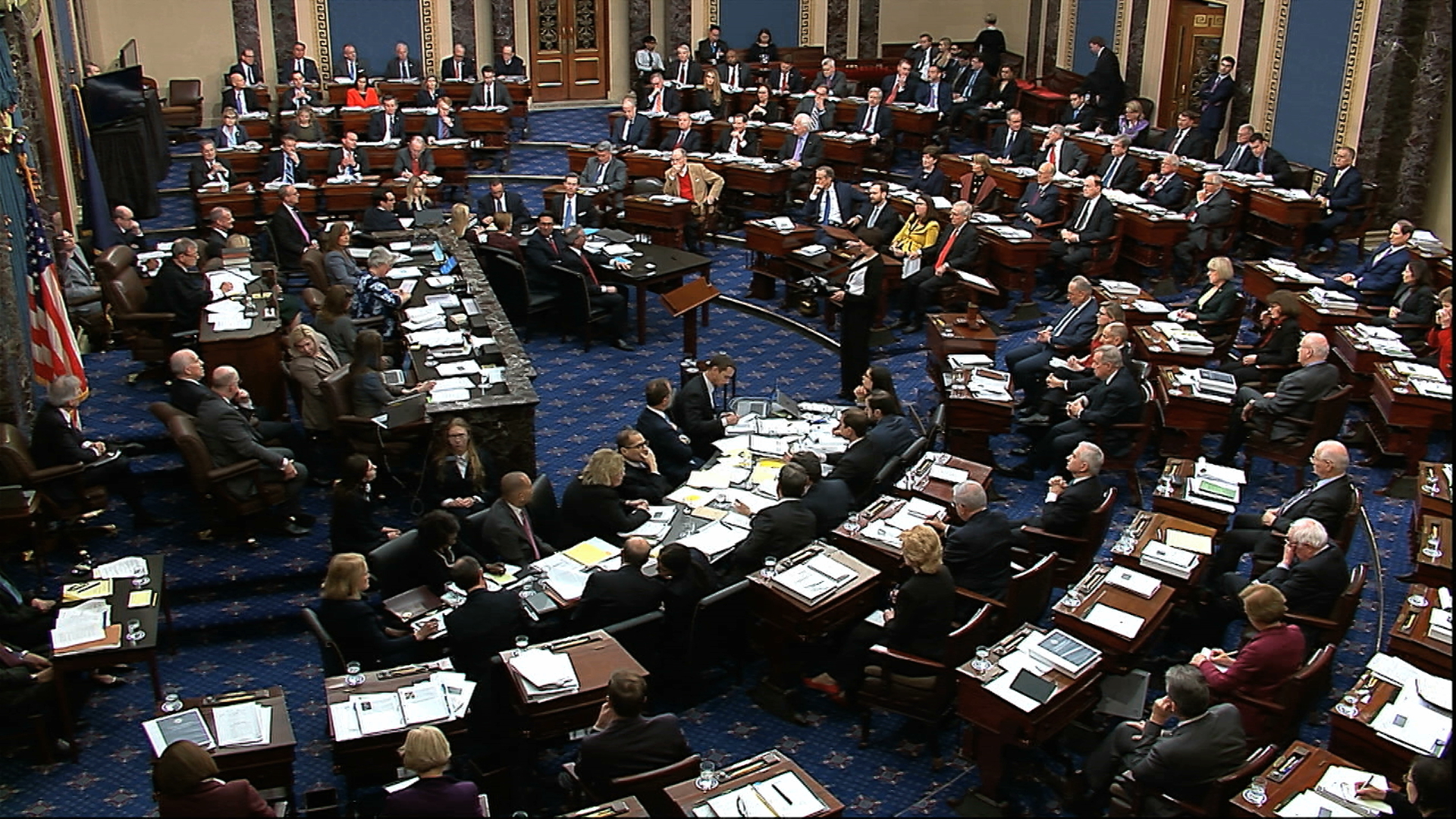This essay first appeared in Die Welt
Nearly 11 years ago, on July 14, 2003, an interview with theater guru Peter Zadek was published in Der Spiegel magazine. It dealt, among other things, with his "dislike of America."
Zadek, who grew up in England where his Jewish parents had fled from the Nazis, stated that he agreed with his "old friend" playwright Harold Pinter that the Americans today "are comparable to the Nazis" - indeed a bit worse. "The difference is that the Nazis set out to conquer Europe but the Americans want to conquer the whole world."
Zadek admitted that he'd never been to the United States, and that his picture of America had been shaped by "dreadful stuff ... from Hollywood," movies like About Schmidt and American Beauty. In reply to the question, "So it wouldn't be wrong as far as you are concerned if one were to call you anti-American?" he said with disarming openness: "No. I find it cowardly that many people these days make a difference between the American people and the various administrations."
Zadek reacted just as openly to the question as to whether he thought "the American participation in the war against Hitler was wrong." He stated: "That was another war that shouldn't have taken place. In the end, war produces nothing but catastrophes."
Thanks to his reputation as a "theater genius" with a penchant for the eccentric, there were practically no limits to the fool's license Zadek enjoyed. But he wasn't a moral authority, a tribune that stirred the masses.
That cannot however be said of Margot Kässmann, the former chair of the Evangelical Church in Germany. Whenever she makes a public utterance, reactions ripple across Germany. Two days after this month's 70th anniversary of the Allied landing in Normandy that spelled the beginning of the end of Nazi domination of Europe, the "ambassadress for the anniversary of the Reformation in 2017" gave Bild am Sonntag an interview in which among other things she said: "There can be no just war. That was even true of the Second World War where everybody ended up losing a sense of reason. Cities full of refugees were bombed, the Wilhelm Gustloff with thousands of refugees on board was sunk. War is also a destructive power for those who want war for Good."
No resistance
This time there was no ripple across Germany, here and there perhaps a raised eyebrow, but that was all. Kässmann hadn't pushed open a door for debate, she just stormed through one that was already wide open.
That there can be no "just war" appears to be such a matter of consensus in Germany that a statement like Kässmann's meets with no resistance. Pacifism has become mainstream.
That's a pacifism that depends on your own country not being at war. Just as anti-fascism can only thrive where there is no organized fascism, pacifism can only develop unhindered where compulsory military service and all things related have been abolished or put in abeyance.
German pacifism is mainly directed against those whose military engagement made a movement like theirs possible in the first place. Without Allied intervention there would be no peace movement in Germany, no Easter march, no Jürgen Todenhöfer (a prominent critic of the wars in Afghanistan and Iraq) - and no Margot Kässmann.
Only people who believe in the Easter Bunny, Santa Claus and the intelligence of tadpoles also tend to the point of view that the Waffen-SS was a well-concealed peace initiative only waiting for the right moment to reveal its true goals.
Eleven years ago, an oddball like Peter Zadek, who believed that the Americans were worse than the Nazis, wasn't completely alone in his belief, but there also weren't many people out there who agreed with him. Now Kässmann has put into words what most Germans today think: There can be no just war, war is always wrong regardless of who starts it and who ends it.
Sense and reason
To call an attitude like that "pacifism" would be a betrayal of people like Carl von Ossietzky who paid for their convictions with their lives. The pacifism of the 21st century is a lifestyle that others pay for. For such pacifists, it is less about the love of peace than it is about the wish not to dirty their hands.
German pacifism also has a strong retroactive component. When Kässmann says there can be no just war and that that was true of the Second World War as well "where everybody ended up losing a sense of reason" she isn't justifying Nazi policies but she is delegitimizing the Allied engagement against the Third Reich.
The message between the lines reads: One side was no better than the other, the whole bunch of them took complete leave of their senses. Some of them ran riot on the Eastern Front, others over Hamburg and Dresden.
One grandpa was gassed in an oven, the other fell from a watch tower, dead drunk. At the end of the day, they're both dead, victims of the same situation.
That's more than just moral rigorism. It's the revisionism of educated classes who have learned how to formulate resentment in a subtle way. It's a zero-sum game in which the crimes of one side are set off against those on the other.
The German peace movement is an offshoot of German nationalism, a late Nazi retaliation against the World War II Allies. The Gestapo lives on at Guantánamo, Abu Ghraib is the new Auschwitz, and the NSA has taken over where the Reich Security Head Office left off.
That's the way old scores are settled. There's no question that the German peace movement "learned" some things from history - in particular, that you should never start a war someone else can win.












